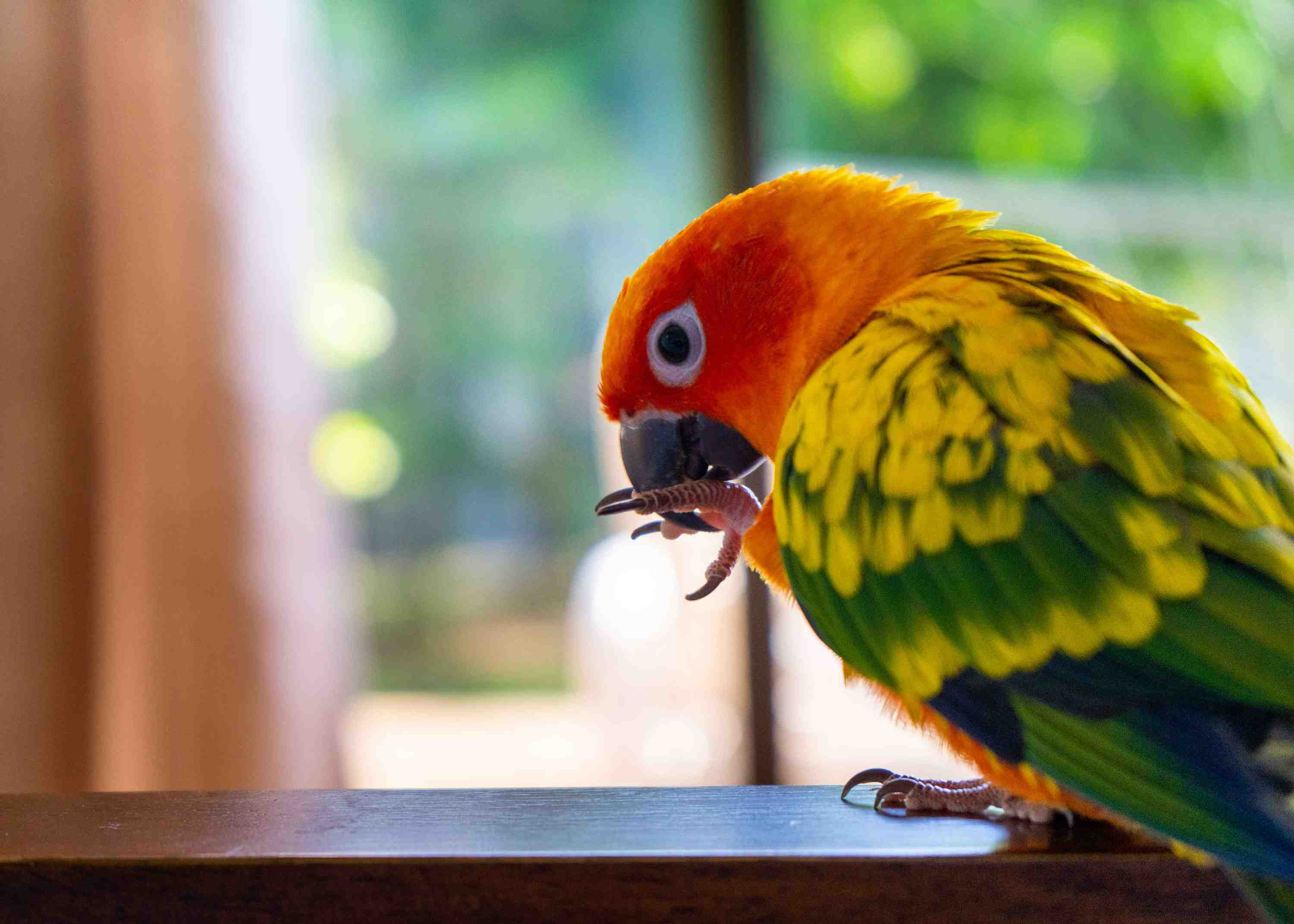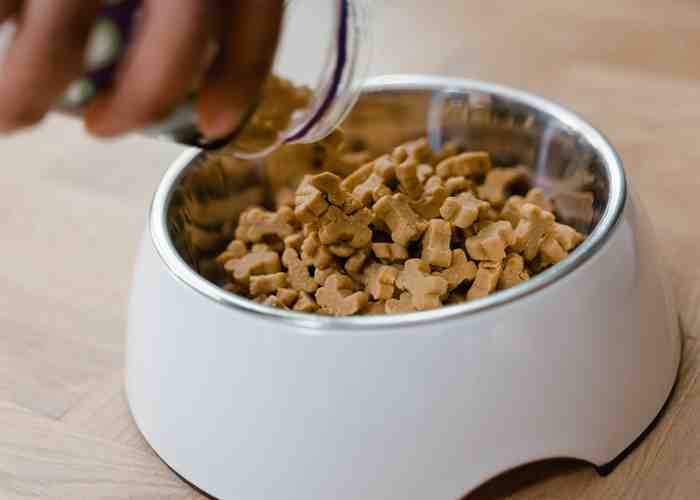Why It's Important To Weigh Your Bird
Weighing your bird is something you should do every day. Yes, EVERY DAY. It also helps to keep a journal of your birds daily weight. By weighing your feathered friend every day you can monitor their weight and quickly realize if they are gaining or losing weight. The quicker we notice weight changes the better. Weight change is one of the best early indications that a bird is not feeling the greatest.
Birds are very good at hiding any illness and are not keen on showing symptoms until it’s at the point that they can’t hide it anymore. Masking illness is one of their survival tactics so it they naturally do this because of instincts. Predators will target birds that are weak or sick so they suffer in silence. It’s also important to have a good avian vet or vet that is experienced with birds just in case!
When Should I Weigh My Bird?
A bird’s weight changes all the time throughout the day especially before and after feedings as well as after droppings. Their weight can really drop in the morning after their first dropping. Those morning poops are massive, even for Mango being such a small bird his morning droppings always blow my mind. I always wonder "how is there that much poop inside that little body”?
Because of these different variables, you will want to get a base weight on your bird – a weight that should remain somewhat consistent if you are feeding your bird properly. A good time to find that base weight is following the first dropping of the day and before the first feeding. This is known as your bird’s “empty” weight.
How Much Should My Bird Weigh?

Every bird species has an average healthy weight so you want to keep an eye on your bird staying within that weight. Although, your vet can help you determine the best healthy weight for your bird because even birds of the same species can be slightly different in size and weight. Make sure to get a good scale too that uses grams, you should always weigh your bird in grams! Birds are too light to be weighed in pounds and therefore it would not be accurate. You want to know the base weight your bird should be at and this should be consistent daily if you are feeding your bird a healthy diet with proper portions.
Weight Changes

If your bird loses or gains weight seek advice and a check-up from your trusted vet immediately. A qualified specialist will be able to help you determine what caused the weight change and if treatment is required. By staying on top of your bird's weight you can save yourself a lot of heartaches.
Since it is in a bird's nature to keep its health status hidden, another good way to determine any impending health problems is to be aware of slight behavioral changes. Some of the most common first symptoms are behavior changes and weight changes. Additional signs include, abnormal poops, loss of appetite, sitting on the ground rather than on its perch, discharge, less active, eyes are dull, open-mouthed breathing, wing dropping, and tail bobbing.
If you teach your bird to become used to being weighed and you establish a baseline of normal weight, if there is any noticeable fluctuation from the normal weight it will help you get ahead of any health issues your bird might be facing.
Prevention

The basis for a healthy bird is a good diet, clean water, regular exercise, and lots of love. Add in a safe environment with safe toys, lots of interactions and mental stimulation will likely keep your bird happy and healthy.`
Early warning is the best management tool in the prevention of disease and infections in your bird. It takes a little effort on your part in weighing your bird daily and observing their behavior yet it can be life-saving. If a bird is diagnosed with a disease it can devastating and expensive. Prevention is the best possible health management tool for your feathered family member.



.png)